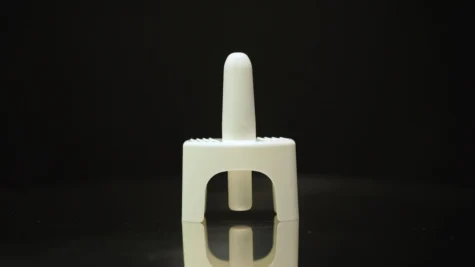The holidays can be a challenging time for someone in recovery. In particular, beginning with Thanksgiving and lasting through the New Year holiday, there is increased potential for “triggers,” defined by SAMHSA as “anything that leads to using or drinking.” Triggers can come from a variety of places, including friends, family, work, or even just a change in routine.
Maintaining sobriety during the holidays is paramount for your well-being, health, and personal goals. The purpose of this blog is to help you understand or identify your triggers, begin formulating a plan for the season’s activities and your self-care, and start some new traditions so you can prioritize your sobriety and start the new year feeling refreshed, healthy, and excited.
What Are Your Triggers?
If you feel triggered at times during the holiday season, you are not alone. Triggers can come from so many places, and like many things during the holidays, they are abundant. Family dynamics, social pressure from friends to attend parties or get together, work-related stress such as year-end deadlines or limited time off, and financial pressure induced from buying gifts or traveling are a few of the most common triggers. Unfortunately, many other things can cause someone to feel triggered. Some people in recovery have experienced triggers from feelings of nostalgia or a yearning to return to times or people in one’s life when substance use played a larger role. Others may sacrifice their healthy routines and well-being to host events or demonstrate their recovery to those around them.
It is completely normal to have feelings of stress and anxiety during the holiday season. If you do, it may be helpful to identify and understand where they are coming from. This can help you make a plan for staying sober during the holidays.
Make A Plan For Staying Sober During the Holidays
Once you understand your triggers, you can make a plan to manage them. For example, if you want to attend an event and you know there will be alcohol, consider bringing your own non-alcoholic option. With movements such as “sober-curious” gaining momentum, you may find that you aren’t the only person looking for other options. Better yet, see if you can proactively organize or host sober-friendly events such as game night at a coffee house, volunteering with family or friends, or attending an event at a museum.
Another important aspect of staying sober during the holidays is to keep your normal routine whenever possible. Do your best to prioritize your self-care and wellness, and be patient with yourself. Sleep, healthy eating, exercise, and any other activities that give you energy and enjoyment will be very helpful throughout this season. Don’t be afraid to protect your time and your schedule. Setting boundaries for yourself and with others is a very healthy thing to do, especially during the holidays.
Finally, surround yourself with supportive people as much as possible. If this is family, great. If family is not a support for you, try to stay connected to any therapists, counselors or group meetings, friends familiar with your journey, sponsors or mentors, healthcare providers, and anyone that could be a positive support.
New Traditions Make Staying Sober During the Holidays Easier
Every tradition starts somewhere, and the possibilities are limitless! This holiday season, try to think of one or two sober traditions you’d like to carry into the future. Volunteering could be a great place to start. Or, if you like writing, a December gratitude journal might be a fun daily activity. Maybe you’ve always wanted to start a book club, or you want to host an annual cookie exchange. No matter what your interests are, there is no time like the present to start new traditions that you will look forward to every year.
Southern Sky Recovery Can Help
If you or a loved one are in recovery or have a substance use disorder, the holidays might bring even more stress or worry. Know that you are not alone and that the pressures of the holiday season are not lost on the treatment community. We offer a variety of evidence-based treatment options and therapies in multiple settings. Our compassionate treatment providers understand that everyone’s path to recovery is unique. Please contact us today to learn more about how we can support you and your loved ones this holiday season.



